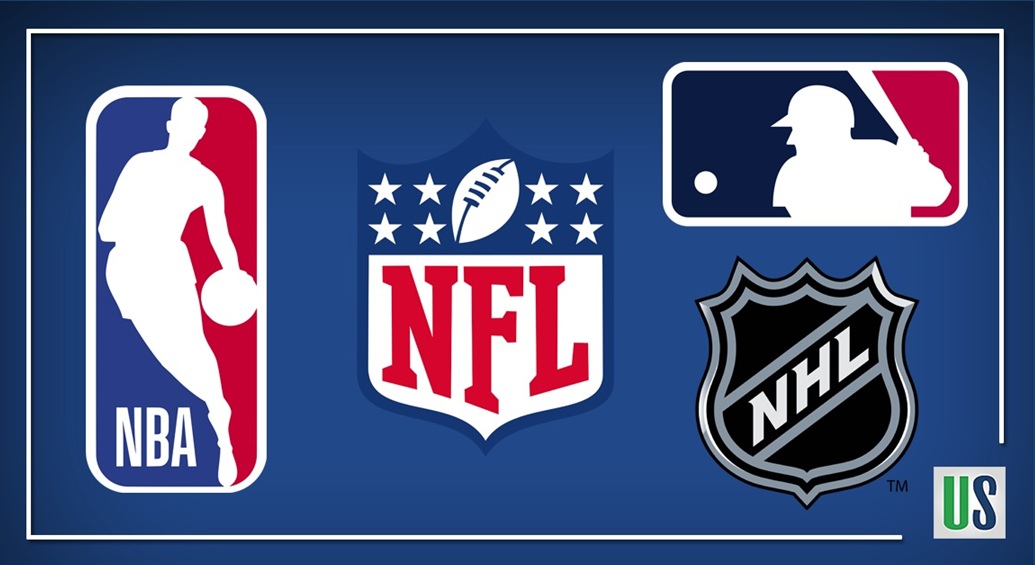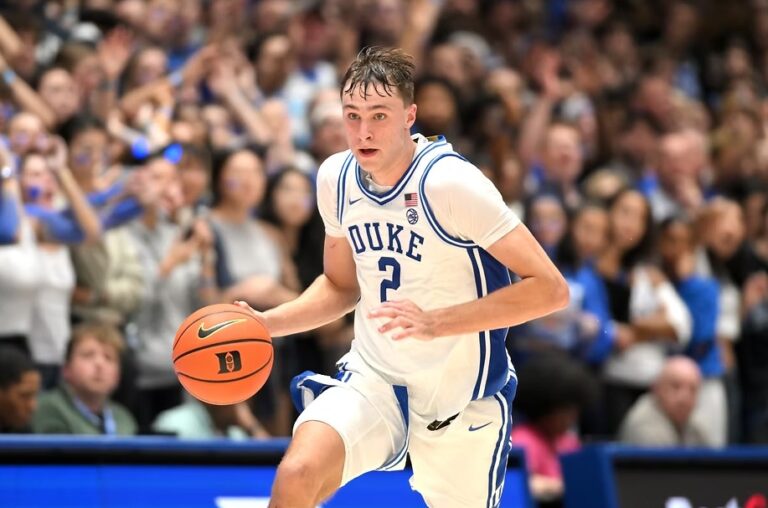A major tax break long enjoyed by professional sports team owners is under threat as Congress debates the “Big Beautiful Bill,” a sweeping tax and spending package championed by President Trump. The bill, which recently passed the House, proposes to slash by half the amount new owners can deduct for “intangible assets” such as player contracts, media rights, and team branding—assets that often make up the bulk of a franchise’s value. This change would not affect current owners but would apply to future buyers, potentially altering the economics of acquiring a team.
For decades, owners of NFL, NBA, and other major league teams have been able to write off the full value of these intangible assets over 15 years, a provision that has saved them hundreds of millions of dollars and fueled the soaring prices paid for franchises. The House version of the bill aims to reduce this deduction by 50%, a move projected to generate nearly $1 billion in federal revenue over the next decade, according to the Joint Committee on Taxation. Critics argue that this tax break has turned sports teams into lucrative tax shelters for the ultra-wealthy, while supporters say it encourages investment in American sports.
The proposal has sparked intense lobbying from team owners and leagues, who warn that limiting the deduction could lower franchise values and ultimately lead to higher costs for fans. Some owners, including high-profile figures like Robert Kraft and Rob Walton, have pressed senators to keep the tax break intact, arguing that the change would make it harder to invest in teams and stadiums. However, the White House maintains that the measure is about fairness, ensuring that wealthy owners do not receive preferential treatment while ticket prices for fans continue to rise.
As the Senate considers its own version of the bill, the fate of the sports team owner tax break remains uncertain. While the House bill includes the 50% reduction, the Senate’s draft has so far omitted the provision, setting the stage for a high-stakes negotiation. If enacted, the change would mark a significant shift in the financial landscape of professional sports ownership, forcing investors to rethink their strategies and potentially reshaping the market for America’s most coveted teams.
“Your donation helps us cover global events, ensuring everyone stays informed.”
(Source: Newsweek | The Independent | NY Post)









